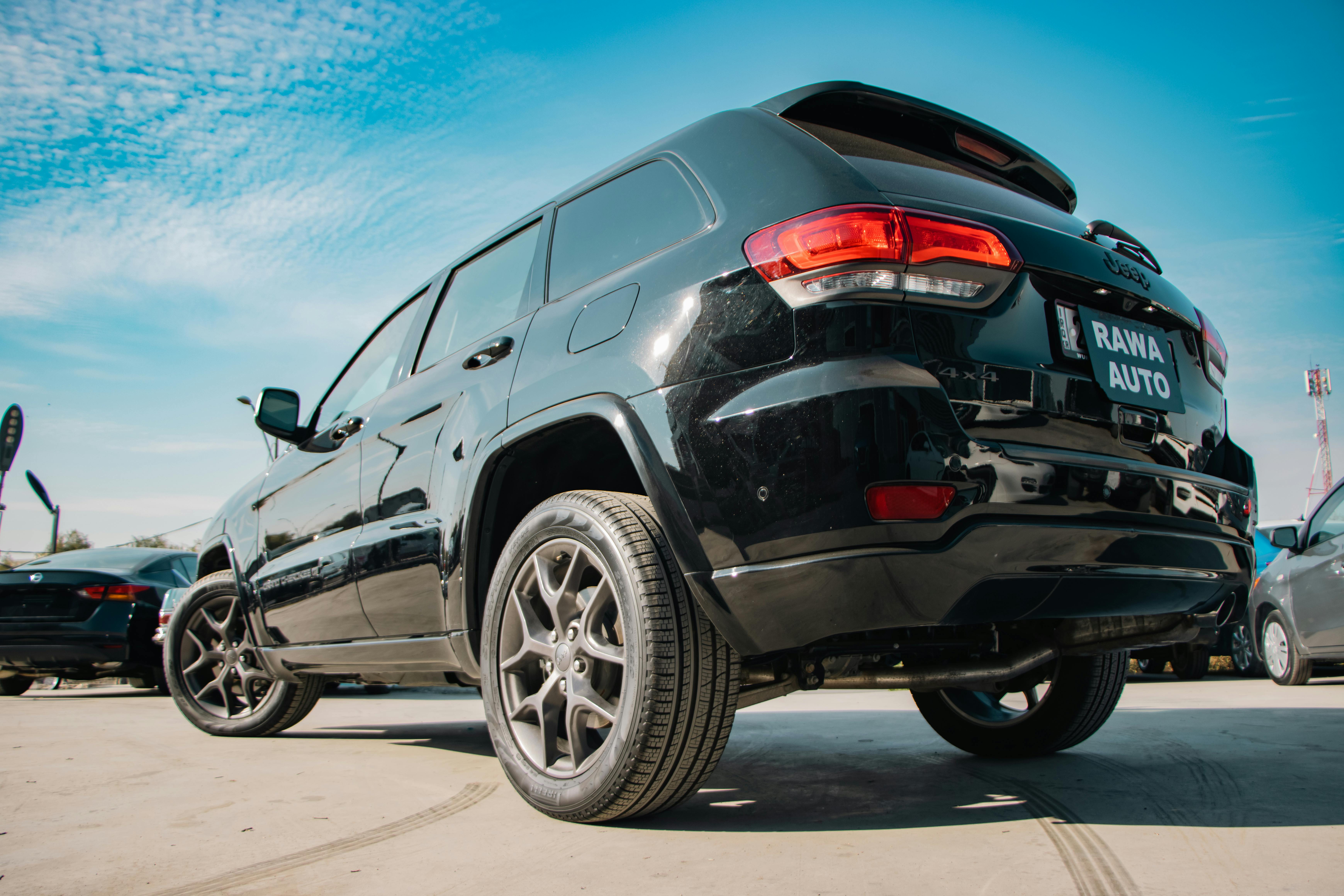Exploring Opportunities in the Used Car Market
The used car market has become an increasingly attractive option for many consumers seeking reliable transportation without the hefty price tag of a new vehicle. As the automotive industry evolves, so do the opportunities and challenges within the pre-owned vehicle sector. This article delves into the current landscape of the used car market, exploring key factors to consider, recent trends, and the advantages of choosing a pre-owned vehicle.

What factors should be considered when choosing a used car today?
When venturing into the used car market, several crucial factors demand attention. First and foremost, the vehicle’s history is paramount. Obtaining a comprehensive vehicle history report can reveal crucial information about past accidents, maintenance records, and ownership details. This insight helps buyers make informed decisions and avoid potential pitfalls.
Another critical consideration is the car’s age and mileage. While older vehicles may come with a lower price tag, they might require more frequent maintenance and repairs. Conversely, newer used cars with lower mileage often command higher prices but may offer more reliability and modern features.
Buyers should also prioritize safety features and fuel efficiency. Many recent-model used cars come equipped with advanced safety technologies and improved fuel economy, making them both safer and more economical in the long run.
How has the demand for used cars evolved in recent years?
The used car market has experienced significant shifts in recent years, largely driven by economic factors and changing consumer preferences. The COVID-19 pandemic, in particular, has had a profound impact on the industry. With new car production disruptions and financial uncertainties, many consumers turned to the used car market, causing a surge in demand and, consequently, prices.
This increased demand has led to a more competitive market, with buyers often facing limited inventory and higher prices for desirable models. However, it has also prompted sellers to offer higher-quality used vehicles, as consumers have become more discerning in their choices.
Another notable trend is the growing interest in certified pre-owned (CPO) programs. These manufacturer-backed initiatives offer additional warranty coverage and thorough inspections, providing buyers with added peace of mind when purchasing a used vehicle.
What are the advantages of buying a used car compared to a new one?
Opting for a used car offers several compelling advantages over purchasing a new vehicle. The most obvious benefit is the lower initial cost. New cars depreciate rapidly in their first few years, with some models losing up to 20% of their value within the first year. By choosing a used car, buyers can avoid this steep depreciation curve and potentially get more value for their money.
Insurance costs also tend to be lower for used cars, as the vehicle’s overall value is typically less than that of a new model. This can result in significant savings over time, especially for younger or less experienced drivers who often face higher insurance premiums.
Used cars also offer a wider variety of choices. Buyers can access models that may no longer be in production or explore higher-end vehicles that would be out of reach if purchased new. This diversity allows consumers to find a car that better fits their specific needs and preferences.
Which vehicle types are most popular among used car buyers?
The popularity of different vehicle types in the used car market often reflects broader automotive trends and consumer preferences. In recent years, SUVs and crossovers have dominated the used car landscape, mirroring their popularity in the new car market. These vehicles offer versatility, increased cargo space, and a higher driving position, which many buyers find appealing.
Compact and midsize sedans remain popular choices, particularly for urban dwellers and those prioritizing fuel efficiency. These vehicles often provide a good balance of reliability, affordability, and practicality.
Pickup trucks have also seen a surge in demand in the used market, especially in regions where their utility is highly valued. As new truck prices continue to rise, many buyers turn to the used market to find capable work vehicles or family haulers at more accessible price points.
What role does sustainability play in the used vehicle sector?
Sustainability has become an increasingly important factor in the automotive industry, and the used car market is no exception. Many environmentally conscious consumers view purchasing a used vehicle as a more sustainable choice compared to buying new. By extending the lifespan of existing vehicles, buyers can reduce the environmental impact associated with manufacturing new cars.
The growing popularity of electric and hybrid vehicles in the used market reflects this sustainability trend. As these eco-friendly options become more prevalent in the new car market, they are gradually filtering into the used sector, offering buyers the opportunity to embrace greener technology at a lower cost.
Additionally, the used car industry has seen an increase in parts recycling and remanufacturing initiatives. These efforts not only reduce waste but also provide more affordable repair options for older vehicles, further extending their usable life.
In conclusion, the used car market offers a wealth of opportunities for savvy buyers. By considering factors such as vehicle history, market trends, and personal needs, consumers can navigate this dynamic landscape to find reliable, affordable transportation. As the automotive industry continues to evolve, the used car sector will likely remain an attractive option for many, balancing cost-effectiveness with sustainability and practicality.




